Top 10 companies control most of what you eat and drink daily
Most of what we are eating and drinking everyday is under the control of the 10 companies below. Invite you to consult!
Who is deciding what you eat and drink every day? - A silly question. When going into the supermarket food stalls, surely we all believe that we are free to choose thousands of foods with a multitude of different brands, right? However, in fact it is not so, if you look hard at the back of the packaging, you will see thousands of products are mostly from 10 super big food and beverage companies in the world. gender. They are the ones who are controlling and deciding on your meal.
In an effort to motivate companies to make positive changes and help customers identify who controls the brands they are buying - Oxfam International , a non-profit organization that created an infographic that shows How brands are used are closely related.
 Oxfam
Oxfam
" What we do leaves behind the problem . and we have seen their impacts. We have released reports on issues and influences caused by 10 real companies. The world's largest products and drinks, then we will make these companies solve those problems, "said Chris Jochnick, Oxfam's representative.
" Most of these companies are very powerful. Therefore, their policy can have a big impact on the diet and working conditions of people around the world, as well as their living environment. I, "Alexander EM Hess, an author wrote in USA Today. Because each of these companies includes Nestlé, Coca-Cola, Unilever, Danone, PepsiCo, General Mills, Kellogg's, Mars, Associated British Foods and Mondelez, employing thousands of workers and earning billions of dollars in revenue each year.
Surely, you rarely pay attention to the link between food labels, or can't imagine a beverage company also producing candies? Pay attention to reading the information on the packaging you will see PepsiCo is also producing Quaker, snack Poca and Cheetos oat boxes. Nestlé not only makes drinks, but they also make California Pizza Kitchen pizzas. Fanta's pineapple juice is not from any tropical island, it is canned from a Coca-Cola factory.
Besides, another worrying thing is in the nutritional aspect. Many of us often avoid using products from big companies and choosing for ourselves a different alternative from smaller brands because small companies know how to care about the health of consumers. use with " healthy " or " organic " product lines, for example.
However, the presence of giant corporations makes it difficult for small businesses and start-ups to compete, causing M&A deals ( mergers and acquisitions) , which has long been a story of the past. this business.
Typically before 2006, you can rest assured to buy a product with " organic " labels and " 100% natural " from Nake Juice . But then one day waking up, will you wonder when Nake Juice has become Pepsi 's product since? In 2013, Pepsi stopped printing " completely natural " labels on products of Naked Juice. After merging with PepsiCo, Naked Juice had to abandon their completely natural label.
Equally worrisome is the environmental impacts caused by giant corporations. A recent study by the World Health Organization says that 92% of the global population is inhaling poor quality air. And if you ask the top 10 companies we're talking about how much of that responsibility, a report by Business Insider points out: " Each year they discharge into the atmosphere 263.7 million tons of greenhouse gases. These 10 major food companies merge into one country, which will be a polluted country in the top of the world . "
Unlike the " giants " that are creating the world like Microsoft, Google or Facebook, the 10 largest companies in the food industry seem to be just giant shadows covering humanity. If you are a smart consumer, perhaps each of us should be wary of their growth. Prioritize shopping at local clean production facilities, rather than trusting the " secret " chain of super-large companies in some remote place. Of course, you also have to keep vigilant with your favorite small brands because they may be bought again someday. Below is information about companies that own the brands and products we use every day:
Kellogg's
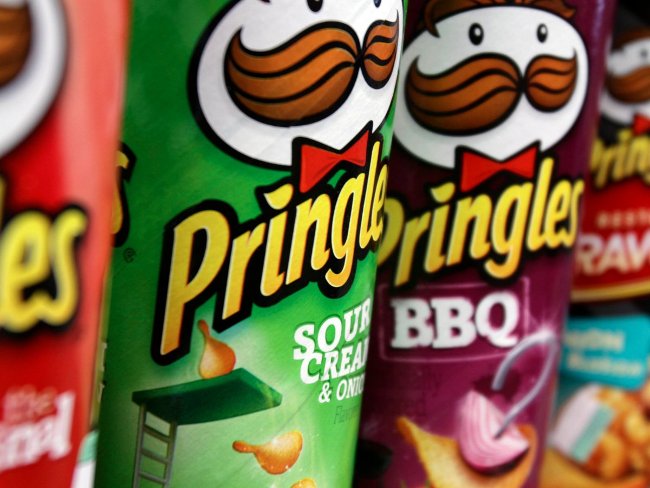 AP
AP
- Revenue in 2015 : 13.5 billion USD.
In addition to Froot Loops and Frosted Flakes - Kellogg's also owns non-grain brands like Eggo, Pringles and Cheez-It.
Associated British Foods
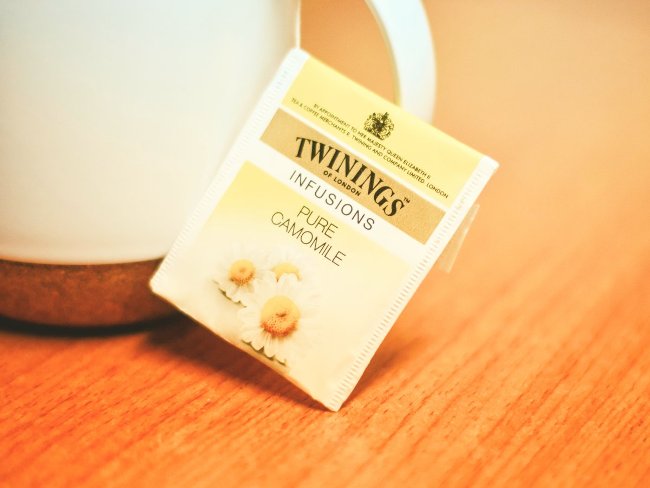 flickr / danielygo
flickr / danielygo
- Revenue in 2015 : 16.6 billion USD.
Associated British Foods owns brands like Dorset Cereals and Twinings tea, as well as Primark retailers.
General Mills
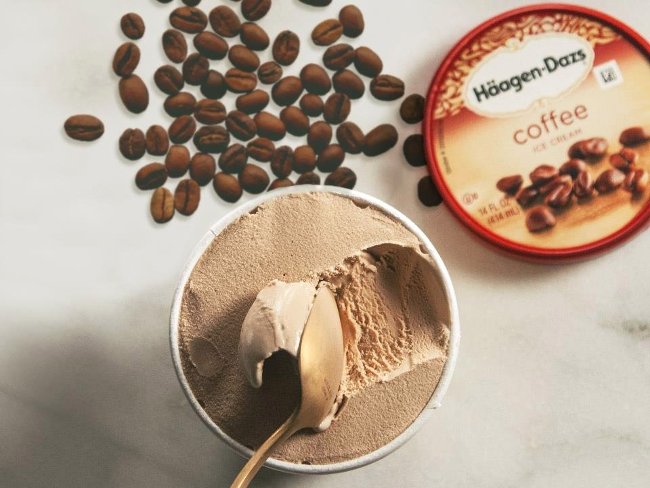 Facebook / Häagen-Dazs
Facebook / Häagen-Dazs
- Turnover in 2015 : 17.6 billion USD.
General Mills is known for its cereal products such as Cheerios and Chex, and the company also owns brands like Yoplait, Hamburger Helper, Haagen-Dazs and Betty Crocker.
Danone
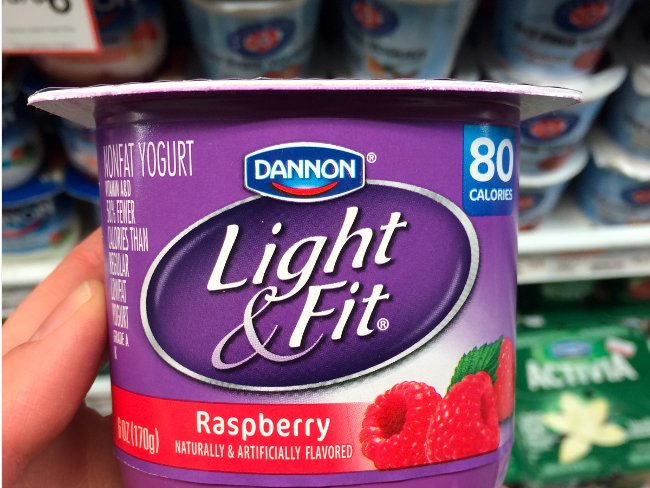 Julia Calderone / Tech Insider
Julia Calderone / Tech Insider
- Revenue in 2015 : USD 24.9 billion.
Danone is not only known for yogurt types like Activa, Yocrunch and Oikos, but also trades in medical nutrition products and bottled water.
Mondelez
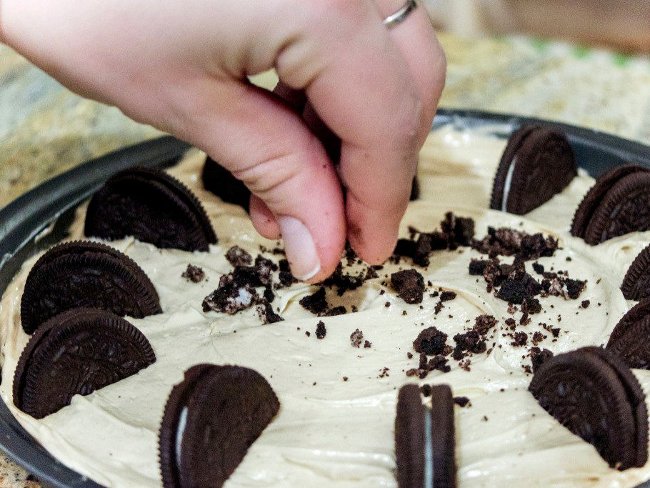 Xinwei Zeng
Xinwei Zeng
- Revenue in 2015 : USD 29.6 billion.
The brands of Mondelez brand mainly produce snacks including Oreo, Trident gum and Sour Patch Kids.
Mars
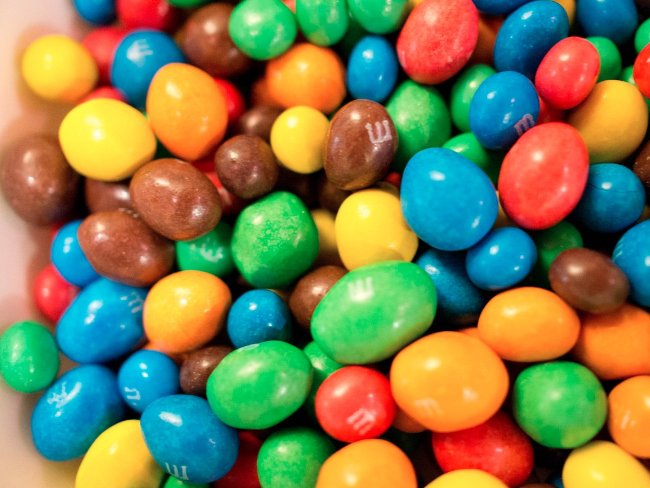 Dominic Rooney on Flickr
Dominic Rooney on Flickr
- Revenue in 2015 : 33 billion USD.
Mars is most famous for its chocolate brand, such as M&M, but it also owns Uncle Ben's, Starburst and Orbit gum.
Coca-Cola
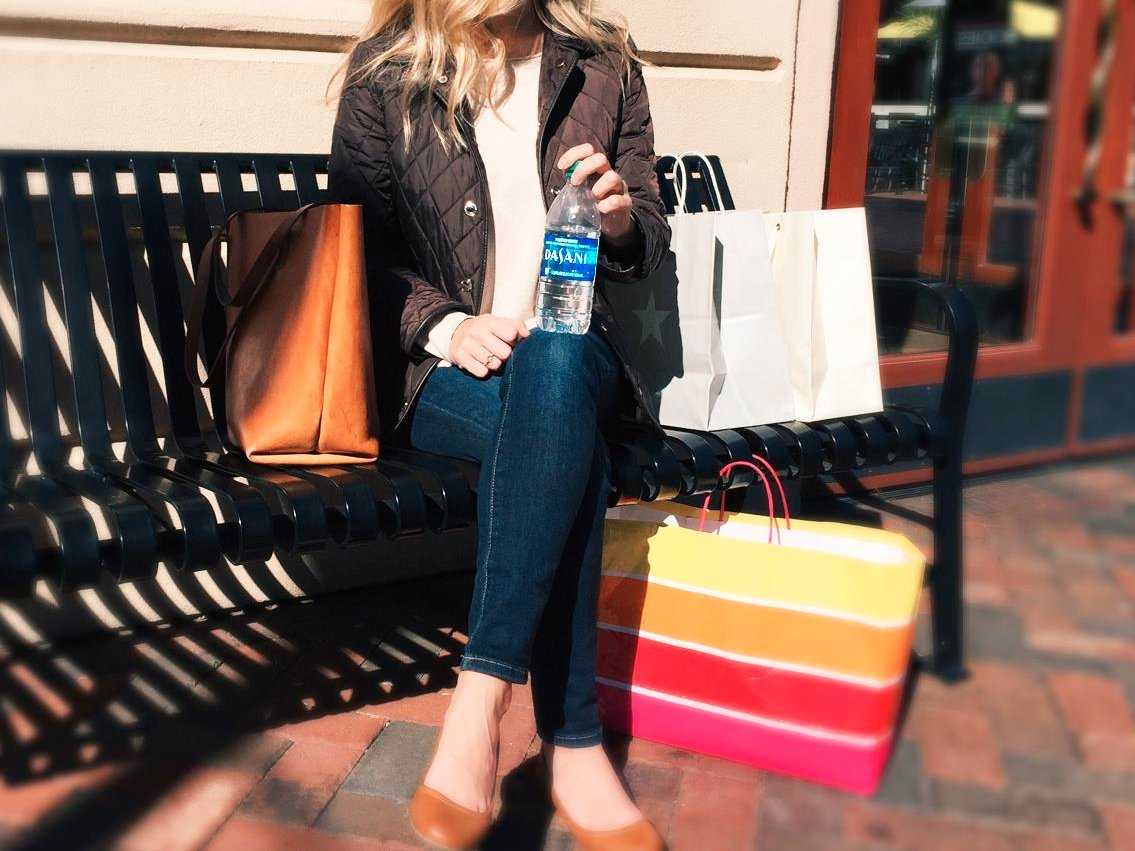 Dasani
Dasani
- Revenue in 2015 : 44.3 billion USD.
Coca-Cola is offering out carbonated soft drinks market with beverage brands such as Dasani, Fuze and Honest Tea.
Unilever
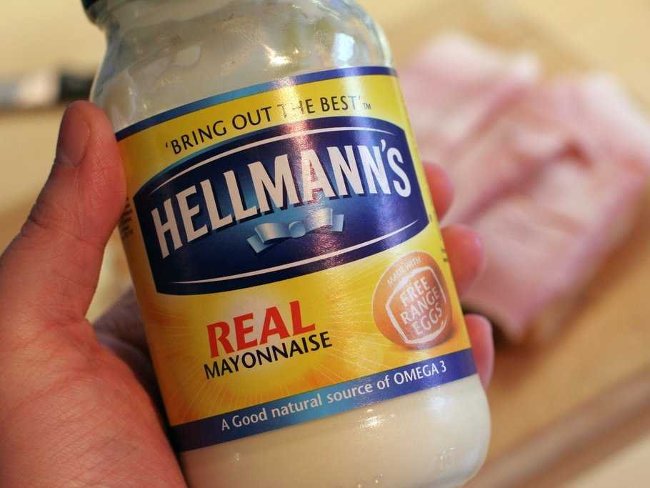 Flickr / kapowaz
Flickr / kapowaz
- Revenue in 2015 : 59.1 billion USD.
Unilever's brand includes Ax aroma sprays, Lipton tea, Magnum cream and Magnum mayonnaise.
PepsiCo
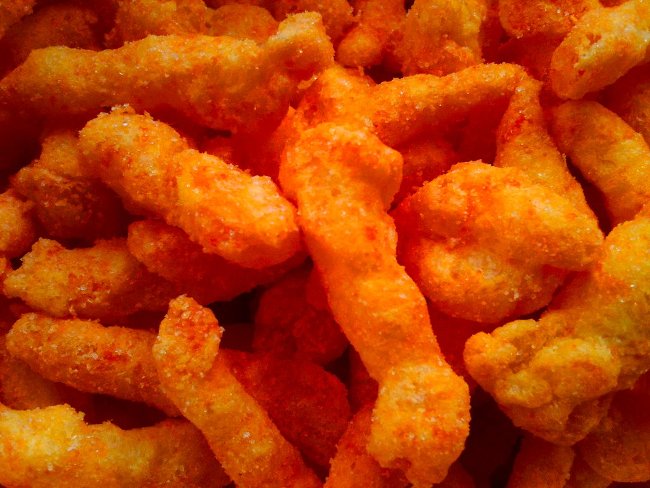 mrbriandesign / Flickr
mrbriandesign / Flickr
- Revenue in 2015 : 63 billion USD.
In addition to Pepsi and other carbonated soft drinks, PepsiCo also owns brands such as Quaker Oatmeal, Cheetos and Tropicana.
Nestlé
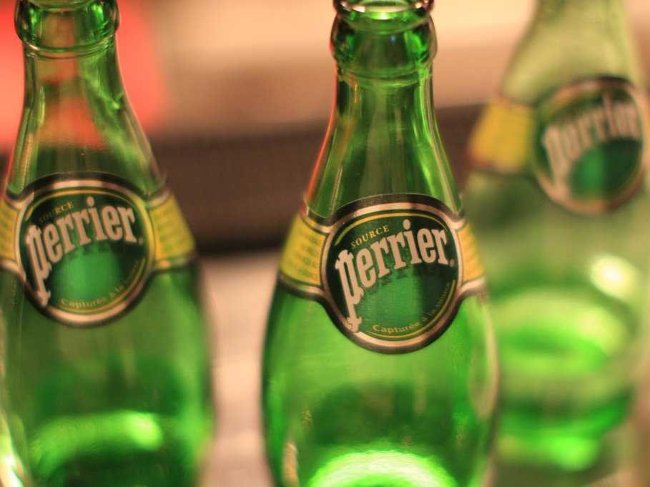 Erik Charlton / Flickr
Erik Charlton / Flickr
- Revenue in 2015 : 87 billion USD.
Brands that you may not know are owned by Nestlé including food for Gerber, Perrier, DiGiorno and Hot Pockets; There are also candy brands like Butterfinger or KitKat.
Refer to some more articles:
- 10 incredible facts about food will impress you
- Beams of photos about the natural habitat of foods around us
- 25 cheap foods rich in nutrients and vitamins you need to know
Having fun!
You should read it
- ★ 8 reasons you should give up the habit of drinking Coca-Cola every day
- ★ 5 delicious but harmful foods, should not eat much
- ★ Hackers successfully built Coca-Cola machines that automatically paid with Bitcoin
- ★ Do not store these foods in the refrigerator
- ★ Investing $ 50 million to create a new form of food, this director has extremely different notions